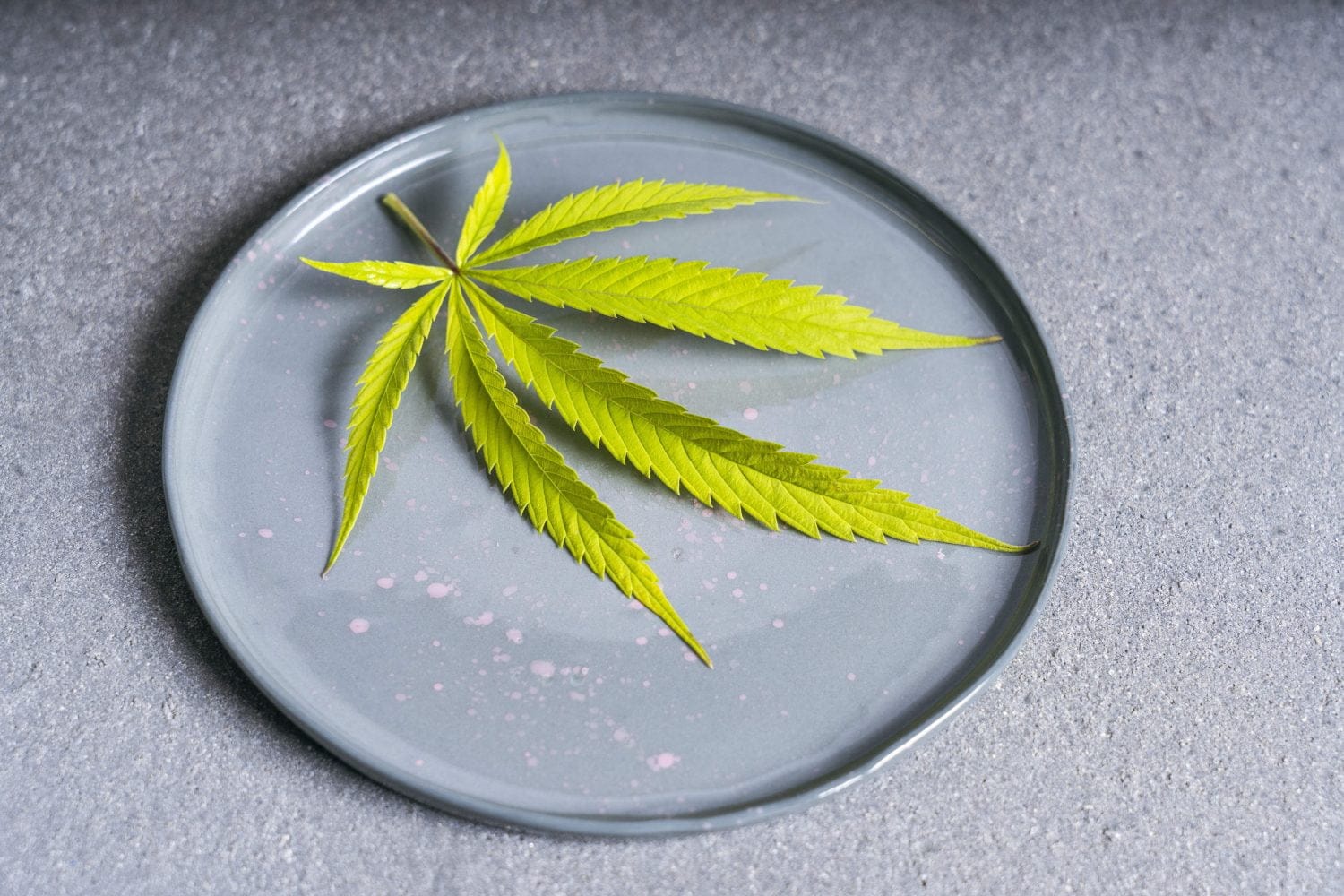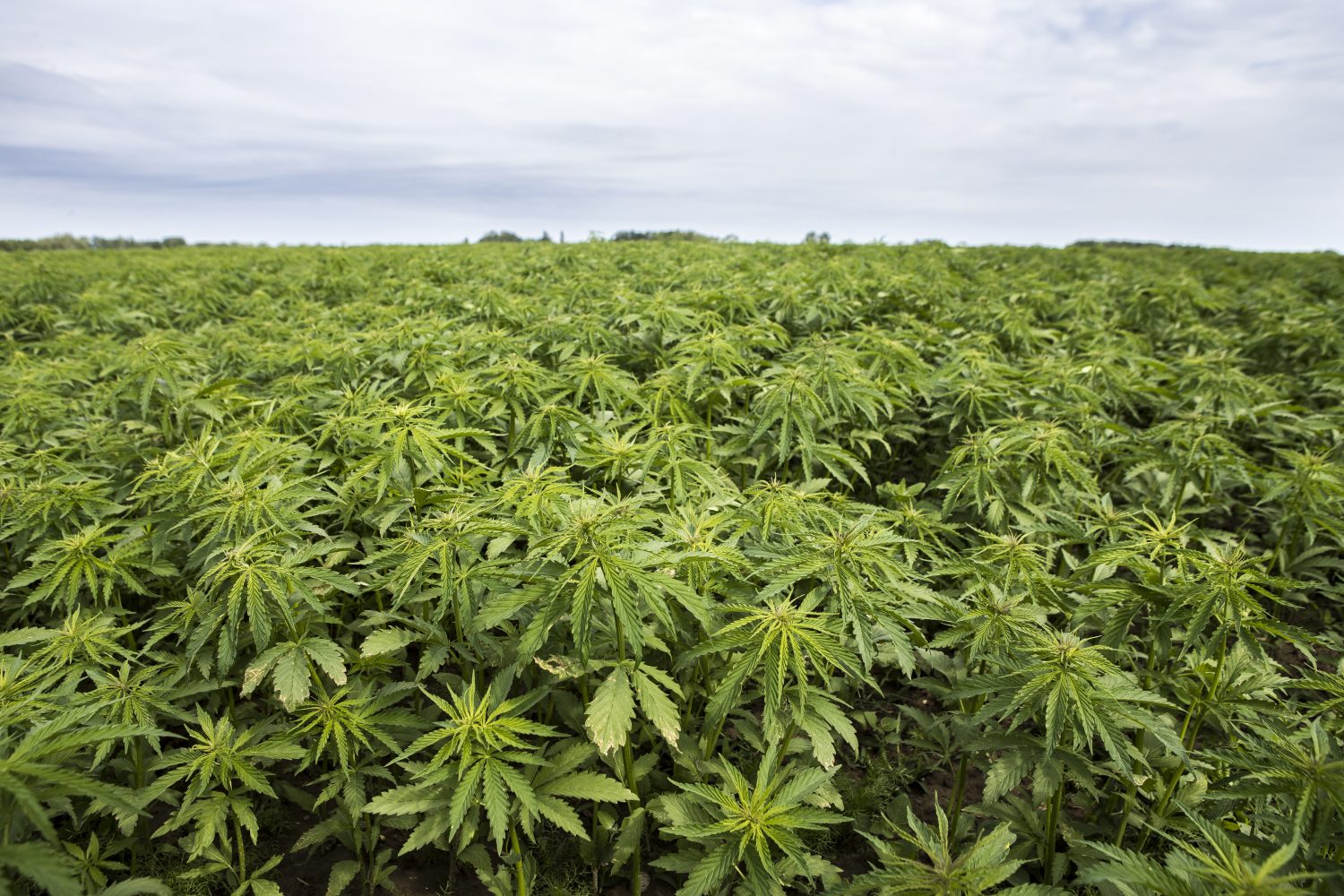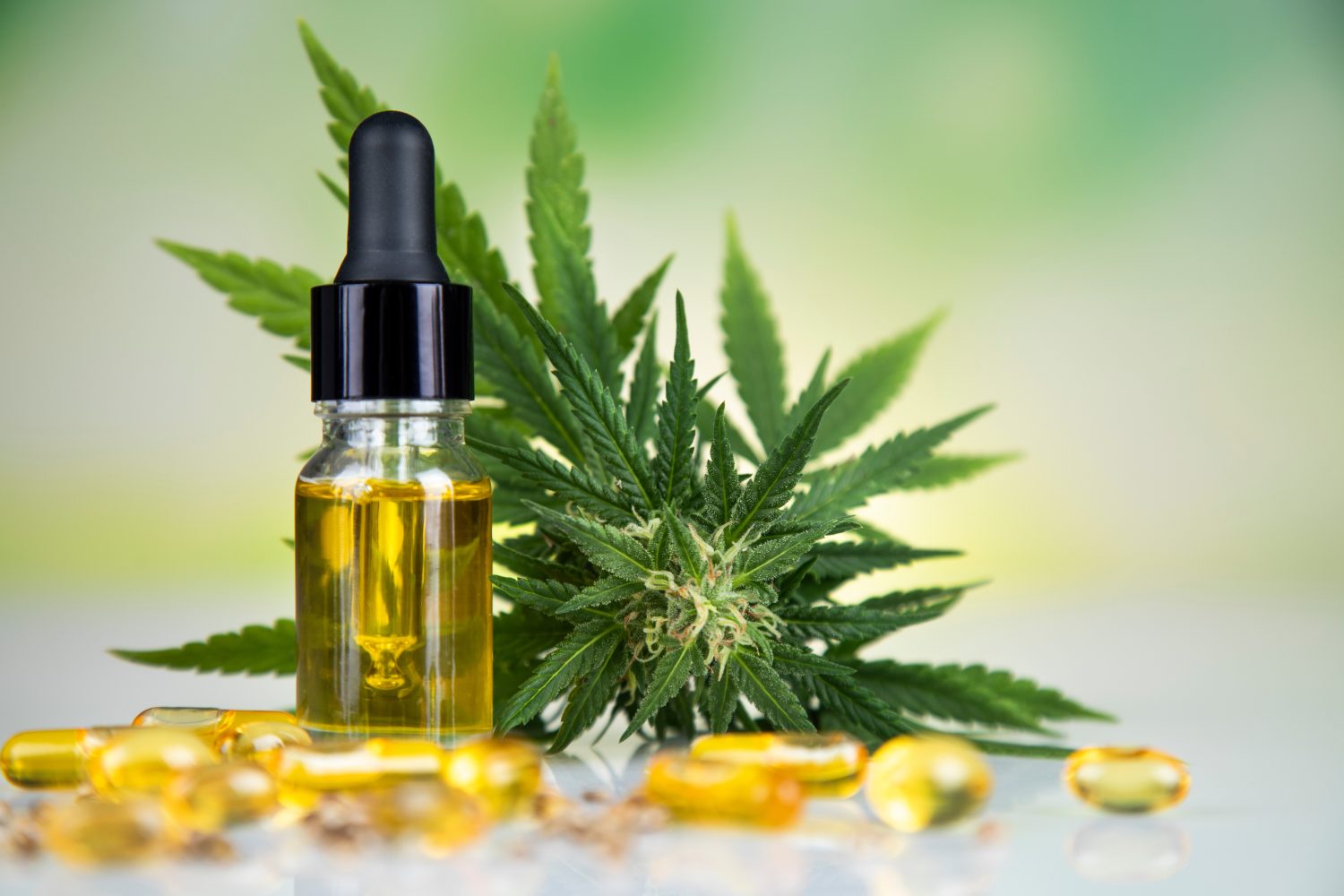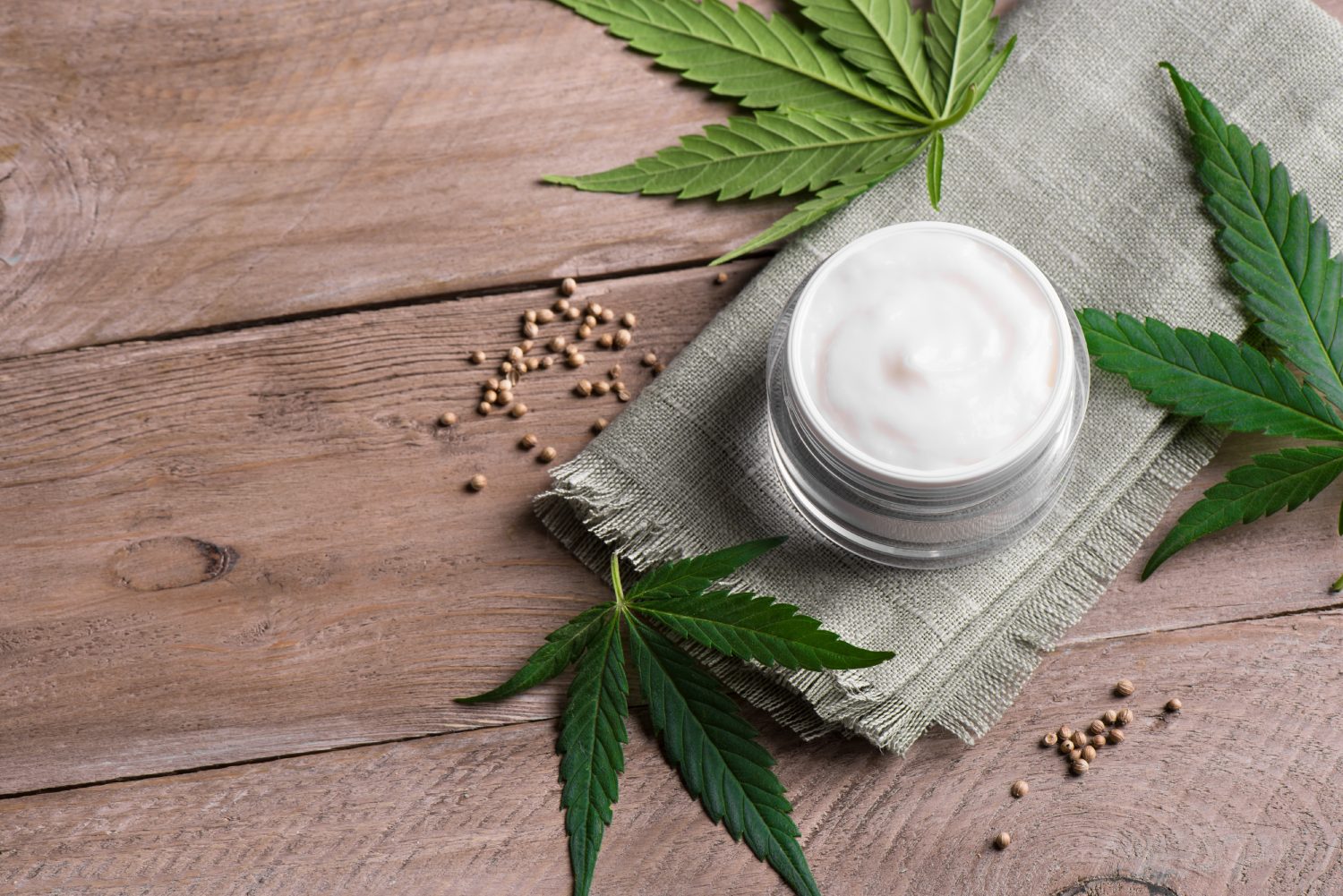Popular Products
Aronia Vida
CHF 69.00
Du fragst dich: What exactly is CBD? The abbreviation “CBD” stands for cannabidiol, which is a natural active ingredient found in the hemp plant (Cannabis sativa). More specifically, CBD comes from the industrial hemp variety, which contains little to no THC. It is one of over 100 so-called cannabinoids found in cannabis and the most researched after THC. Unlike THC, CBD has no psychoactive effects, meaning it does not cause a “high” and is not addictive.
CBD is a lipophilic (fat-soluble) molecule with the molecular formula C₂₁H₃₀O₂. Chemically, it differs from THC in that it lacks a cyclic ring and has a hydroxyl group, which significantly influences its effects and tolerability.
CBD is not psychoactive, meaning it does not cause any psychological effects like THC, which most people are familiar with when it comes to cannabis use. CBD should not be confused with THC! Nevertheless, it is certainly advisable to consult a specialist who is familiar with CBD in order to clarify any questions or concerns you may have and to benefit from its positive properties.
CBD is mainly extracted from the flowers and leaves of industrial hemp. Extraction is often carried out using CO₂ extraction or solvent processes to produce pure CBD oil or other dosage forms. Care is taken to ensure that the THC content remains below legal limits (e.g., 0.2% in the EU) to ensure legality.


CBD primarily acts in the body via the endocannabinoid system (ECS), a complex network of receptors (mainly CB1 and CB2), the body’s own messenger substances (endocannabinoids) and enzymes. This system regulates numerous physiological processes such as Pain perception, mood, appetite, sleep, immune system, and inflammation.
Unlike THC, CBD does not bind directly to CB1 or CB2 receptors, but rather modulates their activity indirectly and also influences other receptors and ion channels (e.g., serotonin, vanilloid, and adenosine receptors). As a result, CBD has a wide range of effects without exhibiting the psychoactive effects of THC.
CBD is being intensively researched for its therapeutic properties. Scientific studies and anecdotal reports point to the following possible effects:
CBD is available in several forms and should only be purchased from reputable CBD suppliers:



The optimal dosage of CBD varies from person to person and depends on body weight, symptoms, and product quality. Studies have used daily doses ranging widely from 20 mg to over 1000 mg, with therapeutic effects often only becoming apparent after several weeks of regular use.
CBD is generally considered safe and well tolerated. Side effects are rare and usually mild, such as tiredness, dry mouth, diarrhea, or changes in appetite. CBD may interact with certain medications, especially those metabolized by the cytochrome P450 enzyme system. Therefore, medical advice is recommended when taking medications at the same time.
In many countries, CBD is legal as long as the THC content is below legal limits (e.g., 0.2% in the EU). However, the legal situation is somewhat more complex and varies greatly depending on the country and product. CBD is often sold as a dietary supplement, cosmetic, or medicine, with varying approval and labeling requirements.
Research into CBD is dynamic and promising, but not yet complete. Many positive effects have been demonstrated in preclinical studies and small clinical trials, but large-scale, high-quality human studies are often still lacking. The FDA has already approved CBD as a drug (Epidiolex) for the treatment of certain forms of epilepsy, underscoring its medical significance.
Future studies will help to better understand the effectiveness, optimal dosage, long-term effects, and other areas of application for CBD.
Cannabidiol (abbreviated: CBD) is an extremely interesting ingredient in the hemp plant with promising properties. In addition to CBD, hemp also contains around other so-called cannabinoids, THC being perhaps the best known among them. In industrial hemp, however, CBD is the cannabinoid with the highest concentration. These legally cultivable varieties contain hardly any THC, but a lot of CBD. CBD is not only a powerful antioxidant, it also has anti-inflammatory, pain-relieving, anti-epileptic, and anti-psychotic effects. It also has nerve-protecting properties. This is why CBD has a wide range of applications and does not show any relevant side effects.
Make sure that the place of delivery and the language correspond to your region. Otherwise, change your selection: